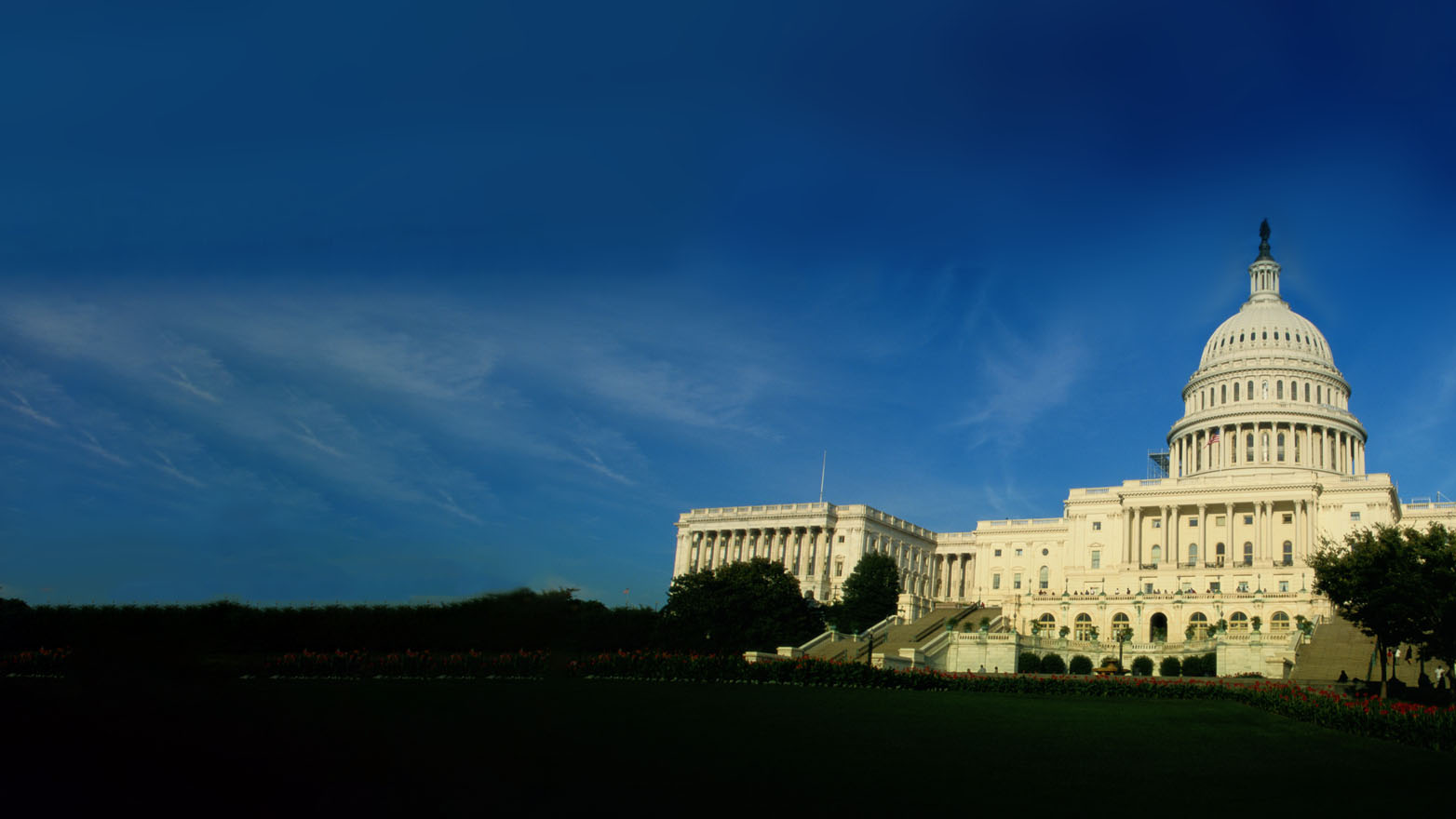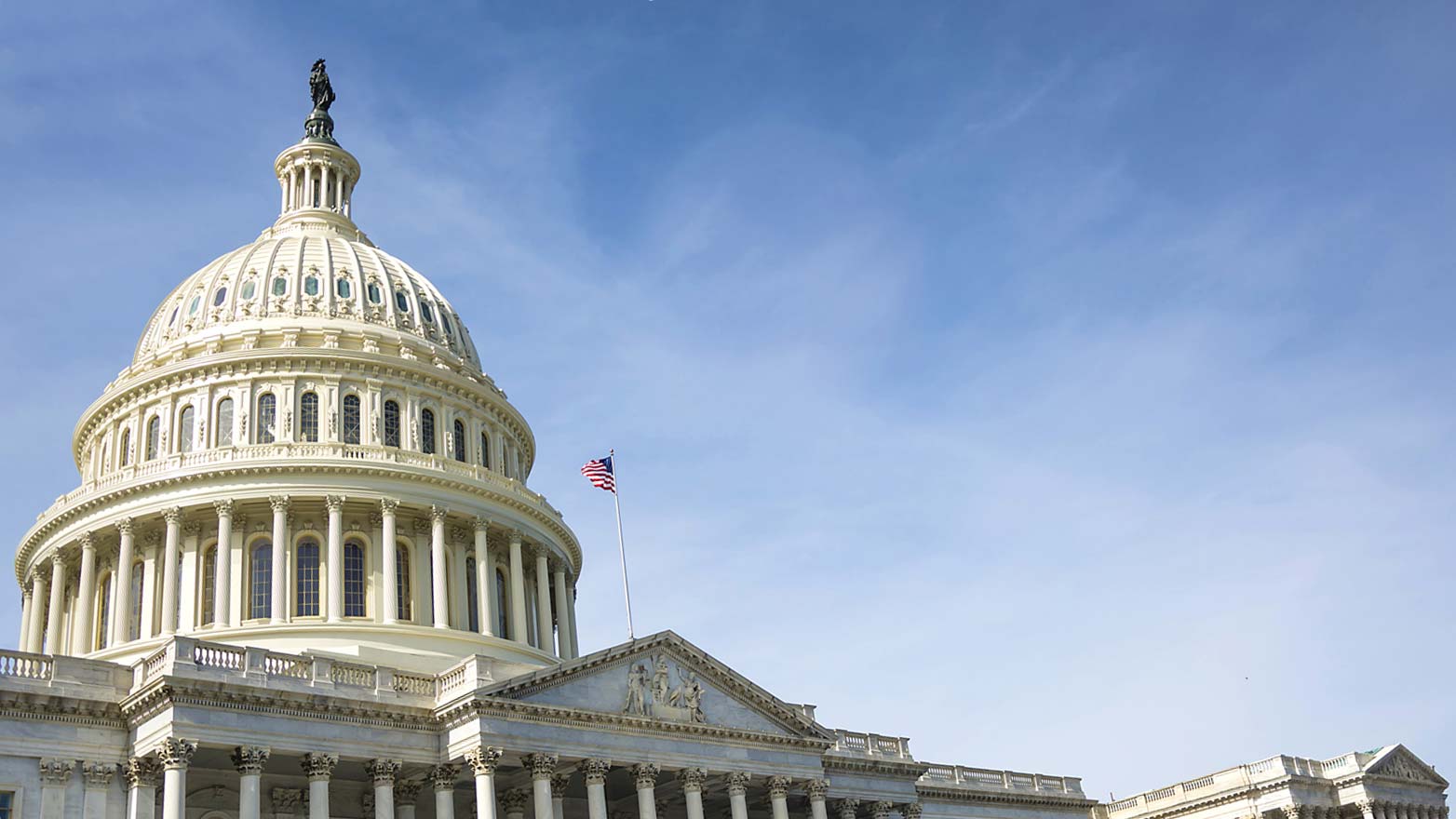“Junk Fees” Actions: FTC, CFPB, FCC, HUD, DOT, State
Ongoing “whole of government” actions to prohibit “hidden” and “falsely advertised” fees from consumer products and services

Regulatory Insights
- Costs to consumers:
- Tens of billions of dollars per year (FTC estimate)
- Pay as much as 20% more (White House National Economic Council estimate)
- 50 million hours per year, equaling more than $10 billion over the next decade (FTC estimate)
- FTC proposes a rule to prohibit ‘hidden’ and ‘falsely advertised’ fees
- CFPB issues an Advisory Opinion that large banks may not impose fees for “basic information requests”
- FCC, HUD, and DOT related to broadband, renters, and travel charges
- Recent state activity includes a new CA law prohibiting ‘hidden’ fees in price advertising (including “small print”, fees late in buying process)
All companies should immediately re-evaluate such areas as upfront pricing (including online/digital and in-store), cost estimation to total costs, fees charged to costs and net tangible benefit, fee processing (e.g., frequency, opt-out), fee complaints and complaints management, and consumer communications.
__________________________________________________________________________________________________________________________________________________
October 2023
The Federal Trade Commission (FTC), the Consumer Financial Protection Bureau (CFPB), and the State of California each take actions to prohibit “junk fees”:
- FTC proposes a rule to prohibit “hidden” and “falsely advertised” fees.
- CFPB issues an advisory opinion that large banks may not impose fees for “basic information requests.”
- California adopts a law to prohibit the advertising of a price that is less than the actual price a consumer will have to pay for a good or service.
These actions are among the more recent efforts in a larger “whole-of-government” initiative under Executive Order 14036 on “Promoting Competition in the American Economy,” which includes a focus on eliminating, across industries, consumer fees that are deemed to be unfair or deceptive
1. FTC Proposed Rule on Unfair or Deceptive Fees
The FTC proposes a new trade regulation rule that would prohibit unfair or deceptive practices relating to fees for goods or services (consistent with unfair or deceptive practices under the FTC’s Section 5 UDAP authority), and specifically including i) misrepresenting the total costs of goods and services by omitting mandatory fees from advertised prices and ii) misrepresenting the nature and purpose of fees. If finalized, the FTC will be able to pursue civil penalties and consumer redress for unfair or deceptive practices covered by the rule. The proposal builds on comments received from an earlier advanced notice of proposed rulemaking (see KPMG Regulatory Alert, here)
The proposal would add a new Part 464 entitled Rule on Unfair or Deceptive Fees. Key provisions include:
Prohibition of Hidden Fees.
- Proposed Section 464.2(a): Would state that it is an unfair or deceptive practice for any business (as defined in the rule) to “offer, display, or advertise” an amount a consumer may pay without clearly and conspicuously (as defined in the rule) disclosing the total price when offering goods or services.
- “Total price” would be defined as the maximum total of all fees or charges a consumer must pay for a good or service and any mandatory Ancillary Good or Service, except that Shipping Charges and Government Charges may be excluded.
- An “Ancillary Good or Service” would be defined to mean any additional good(s) or service(s) offered to a consumer as part of the same transaction.
- Proposed Section 464.2(b): Would require companies to disclose the total price more prominently than any other pricing information when required by Proposed Section 464.2(a).
- The prohibition on hidden fees would apply to amounts “offered, displayed, or advertised” by a business even if a different entity provides the good or service.
Prohibition of Misleading Fees.
- Proposed Section 464.3(a): Would state it is an unfair or deceptive practice for any business to misrepresent the nature and purpose of any amount a consumer may pay, including the refundability of fees and the identity of goods or services for which fees are charged.
- Proposed Section 464.3(b): Would require a business to disclose, clearly and conspicuously, and before consumer consent to pay is given, the nature and purpose of any amount a consumer may pay that is excluded from the total price (e.g., shipping charges, government charges, optional fees, voluntary gratuities, and invitations to tip).
Relation to State Laws. Proposed Section 464.4 is intended to ensure that the proposed rule would not supersede, alter, or affect any state laws except to the extent there is an inconsistency (i.e., provides less protection than the FTC provisions), allowing for continued enforcement of existing state regulations dealing with similar issues.
Comment Period. The FTC is soliciting written comments regarding the proposed rule, with a submission deadline of sixty (60) days after the date of publication in the Federal Register.
2. CFPB Advisory Opinion on Fees
CFPB issues an advisory opinion providing guidance on obligations for “large banks and credit unions” (over $10 billion in assets – together banks) under Section 1034(c) of the Consumer Financial Protection Act (Provision of Information to Consumers). The guidance clarifies that, subject to limited exceptions, banks may not charge a fee when responding to basic consumer information requests, and signals upcoming scrutiny and possible enforcement activity in this area. Key aspects of the Advisory Opinion follow.
Section 1034(c) Obligations. Section 1034(c) requires banks that receive consumer information requests relating to the consumer’s accounts for consumer financial products or services, the bank must:
- Provide information within Its possession or control.
- Respond in a timely manner, considering the complexity of the request.
- Provide complete and accurate information to the consumer.
Examples of consumer information that must be provided upon request include account balances, transaction history, interest rates, scheduled auto-payments, fees, balances necessary to pay off a loan, as well as supporting written documents, such as copies/images of checks or original signed contracts.
Exclusions and Exceptions. Financial institutions are not obliged to provide:
- Information not related to the individual consumer's account, such as internal procedures, policies, company financial performance, or employee training.
- Information covered by the four enumerated exceptions in Section 1034(c), including confidential information (including an algorithm used to derive credit scores or other risk scores or predictors) and information collected for fraud or money laundering prevention purposes.
Prohibition on “Unreasonable Impediments”. The Advisory Opinion states that banks may not impose conditions that “unreasonably impede” consumer information requests. It further states the practice of charging fees to respond to an information request would generally “unreasonably impede” a consumer’s exercise of rights under 1034(c). Depending on the circumstances, other conditions or obstacles may also be considered “unreasonable impediments” such as “excessive wait times,” requiring the submission of multiple requests, not adequately responding to requests, and redirecting consumers to a third party.
Compliance Dates. The CFPB states that it does not intend to pursue potential violations of Section 1034(c) that occur prior to February 1, 2024.
3. California Law Prohibiting “Junk Fees”
The State of California adopts a law (SB-478) that prohibits advertising, displaying, or offering a price for a good or service that does not include all mandatory fees or charges, with certain exceptions (e.g., government taxes or fees on the transaction, shipping charges). This law will become effective July 1, 2024.
Other Agency Actions
The FTC and the Administration each outline (here and here) actions taken by other federal agencies and organizations to develop and implement rules prohibiting “junk fees” including:
- FCC. The Federal Communications Commission (FCC) has finalized a rule that requires broadband providers to display “Broadband Nutrition Labels” for consumers—labels that provide basic information about the costs and fees of internet service offerings, so people can compare options more easily.
- HUD. The Department of Housing and Urban Development (HUD) called on industry, housing providers, and state and local governments to adopt policies that promote greater fairness and transparency of fees faced by renters.
- DOT. The Department of Transportation (DOT) has secured significant commitments by major airlines to improve service, including guaranteed meals or hotels when the airlines caused a cancellation or significant delay. Additional proposals address refunds for tickets when flights are cancelled or significantly changed, refunds for services not delivered, and up-front disclosure of fees for checking bags or flight changes.
- OIRA. The Office of Information and Regulatory Affairs (OIRA) is publishing new guidance to help agencies better develop and analyze regulations to promote competition.
Dive into our thinking:
“Junk Fees” Actions: FTC, CFPB, FCC, HUD, DOT, State
Downlaod PDFExplore more

Points of View
Insights and analyses of emerging regulatory issues and their impact.

Regulatory Insights View
Series covering regulatory trends and emerging topics

Regulatory Alerts
Quick hitting summaries of specific regulatory developments and their impact.
Get the latest from KPMG Regulatory Insights
KPMG Regulatory Insights is the thought leader hub for timely insight on risk and regulatory developments.
Meet our team


